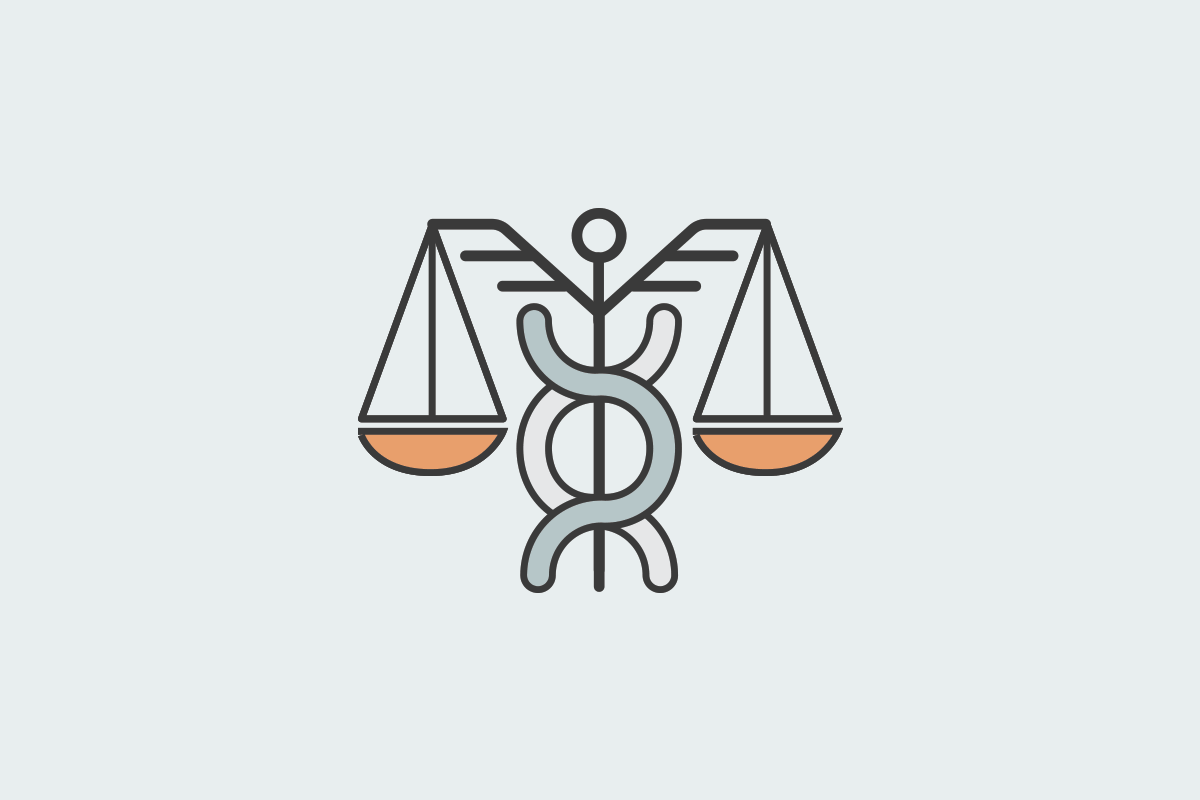A new report from the U.S. surgeon general’s office confirms equal progress has not been made to reduce cigarette smoking and secondhand smoke exposure among all groups in the U.S. Cigarette smoking has declined by more than 70% in the U.S. since the 1960s, yet smoking is still the leading cause of preventable death. Cigarette…
Your Welcoa membership has expired.
Using the IRS “Medical Care” Guidance to Achieve Health Coaching Compliance
The following article does NOT constitute legal advice and should not be used as such. It is for educational purposes only. Readers should retain legal counsel to obtain definitive answers.
Many employers engage the services of a health coach as part of their workplace wellness program. The main goal of a health coach should be to help employees improve their quality of life and achieve health-oriented goals by motivating employees to adopt sustainable lifestyle change. According to one recent study of HealthFitness clients, individuals who worked with health coaches achieved greater cost savings ($586 savings on average per year) compared to individuals who did not participate in coaching services ($261 savings on average per year). Part of the success a health coach can bring to a workplace wellness program is attributed to the personalization that a coach offers. Personalization in health care is trendy, and workplace wellness programs can jump on that bandwagon through use of health coaches.
However, health coaches must be careful not to step over the line between motivating employees to achieve health and wellness goals, and providing “medical care.” As noted in previous blog posts, “medical care” is defined by IRC § 213(d) and includes amounts paid “for the diagnosis, cure, mitigation, treatment, or prevention of disease, or for the purpose of affecting any structure or function of the body.” A wellness program that delivers “medical care” determines whether that program must comply with federal laws such as ERISA, COBRA and HIPAA. That is because a program that delivers “medical care” turns the wellness program into a “group health plan,” which makes the plan subject to those federal laws.
Many employers offer health coaching services as an adjunct to health risk assessments or biometric screens to all employees, not just those who might enroll in the employer’s group health plan. As a result, the employer’s expectation is that the coaching services will not be subject to ERISA, COBRA and HIPAA requirements. This expectation can be met as long as the health coach does not wade into the provision of “medical care” (which, would not be advisable anyway unless the coach also had a license to practice a clinical profession such as medicine or nursing).
So how can a health coach stay outside of the delivery of medical care, which from the above definition is quite broad and includes the “prevention of disease?” One guideline that might prove useful is the IRS’s explanation of what constitutes “medical care” and is therefore deductible from one’s income tax. In IRS Information Letter 2010-0175, the IRS explained that an expense qualifies as medical care as “preventing disease” only if “a present existence or an imminent probability of developing a disease, physical or mental defect, or illness exists.” This means there must be a clinical diagnosis or determination that an individual may have or is on the cusp of having a disease.
Health coaches should steer clear of offering any clinical advice or diagnosis, even if they are licensed to do so, if the employer wants its wellness program to operate outside ERISA, COBRA and HIPAA requirements. As long as the health coach sticks to helping employees stick to their health and well-being goals and avoids discussing possible disease conditions with employees, the health coach will arguably operate in the wellness safe zone. Operating in the wellness safe zone will achieve two compliance goals: 1) avoiding the provision of “medical care” so that the workplace wellness program is not subject to ERISA, COBRA and HIPAA requirements; and 2) avoiding the unauthorized practice of medicine or some other clinical discipline.
Health coaches that recognize potential risk of disease from screening results, for example, should refer those employees to their health care provider. It is also a good idea for health coaches to include a disclaimer in any coaching agreement that disclaims liability and clearly identifies the scope of your services. To help define the scope of your services, it is helpful to understand your state’s various scope of practice laws. To successfully implement these protections, it is highly recommended to hire competent legal counsel that specializes in wellness law.
i See Dejonghe, L. et al, Expectations Regarding Workplace Health Coaching, Workplace Health and Safety, at 3 (2019).
ii See https://www.businesswire.com/news/home/20170207006047/en/Research-Demonstrates-Participation-Coaching-Moves-Needle.
iii Id.

Barbara J. Zabawa
President of the Center for Health and Wellness Law, LLC
wellnesslaw.com
Health Promotion Program Legal Updates*
Every 3rd Wednesday from 10:00–11:00 AM CT
*This is an exclusive WELCOA Member Resource.




